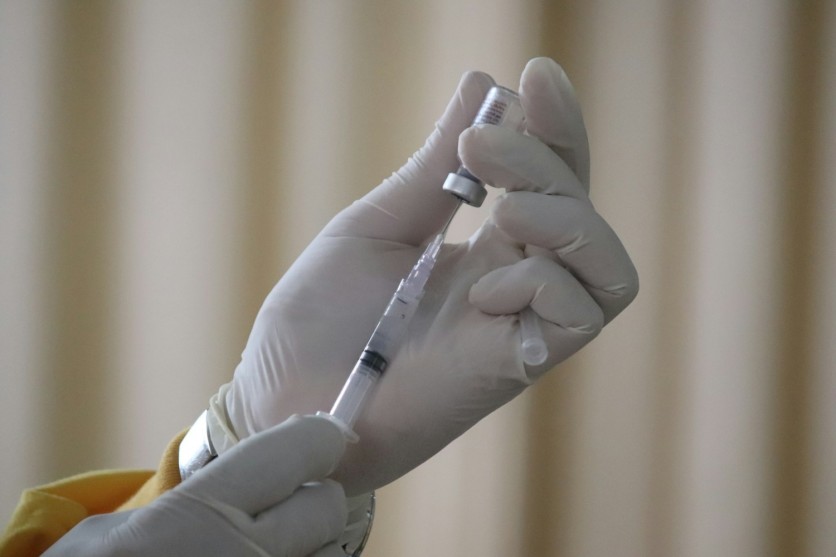The groundbreaking development of the world's first skin cancer vaccine represents a significant leap forward in medical innovation.
As this personalized mRNA vaccine enters its final trial phase, it brings promising prospects for individuals battling melanoma.

(Photo: Mufid Majnun from Unsplash)
Entering the Final Phase of the mRNA Cancer Vaccine
The world's first personalized mRNA cancer vaccine has entered its final trial phase, marking a crucial milestone in the quest for innovative treatments for melanoma.
This vaccine offers a glimmer of hope for the numerous individuals worldwide affected by this aggressive form of skin cancer, which claims the lives of thousands each year.
Led by the esteemed University College London Hospitals NHS Foundation Trust, the trial brings together a diverse cohort of patients, spanning geographical locations, to assess the vaccine's efficacy and safety on a larger scale.
Telegraph reported that Dr. Heather Shaw, a leading figure in the trial, underscores the transformative potential of this vaccine, suggesting that it could potentially provide a cure for melanoma patients.
The personalized nature of the mRNA vaccine represents a paradigm shift in cancer treatment, tailoring therapies to the unique genetic makeup of each individual.
Moreover, beyond its application in melanoma, researchers are exploring its effectiveness in combating other challenging cancers, such as lung, bladder, and kidney cancers.
The preliminary phases of the trial have yielded promising results, with the vaccine demonstrating its ability to mitigate the risk of cancer recurrence in melanoma patients.
This success fuels optimism among both patients and medical professionals, fueling the momentum behind further research and development efforts.
Revolutionizing Cancer Treatment
As the final trial unfolds, the global medical community eagerly awaits the outcomes, hopeful for a breakthrough that could revolutionize cancer treatment and bring renewed hope to countless individuals battling this devastating disease.
mRNA-4157 (V940) has emerged as a neoantigen therapy, leveraging the body's immune system to target each patient's specific cancer type.
When combined with pembrolizumab (Keytruda), an immunotherapy drug, it has demonstrated a 50% reduction in mortality rates associated with skin cancer.
Dr. Shaw emphasized the personalized nature of this therapy, stating that it surpasses conventional vaccines in its sophistication.
The primary objective is to achieve a lasting cure for cancer patients, offering hope for significant advancements in immunotherapy.
Among the initial recipients is 52-year-old British resident Steve Young, who views the vaccine as his best chance at halting the progression of cancer.
Also read : Moderna, Merck's Groundbreaking Melanoma Treatment Shows Promise in Combination Therapy Study
Iain Foulkes of Cancer Research UK stressed the importance of ongoing funding for such research endeavors, noting that while a universal cure may be improbable, personalized treatment options like this vaccine hold promise for extending the lives of individuals battling cancer.
According to Dr. Shaw, the therapy exhibits "relatively manageable side effects," including fatigue and mild arm discomfort. However, most patients reported experiencing no more than what one might typically feel after receiving a flu shot.
During its Phase 2, Stéphane Bancel, CEO of Moderna, expressed their ambition to provide genuinely personalized cancer therapies to patients. Dr. Dean Y. Li, head of Merck Research Laboratories, regarded these discoveries as a significant advancement in collaboration with Moderna.
Related Article : Cancer Vaccine Developer Sees Limitations to mRNA's Effectiveness Despite Successful Trial

ⓒ 2026 TECHTIMES.com All rights reserved. Do not reproduce without permission.




